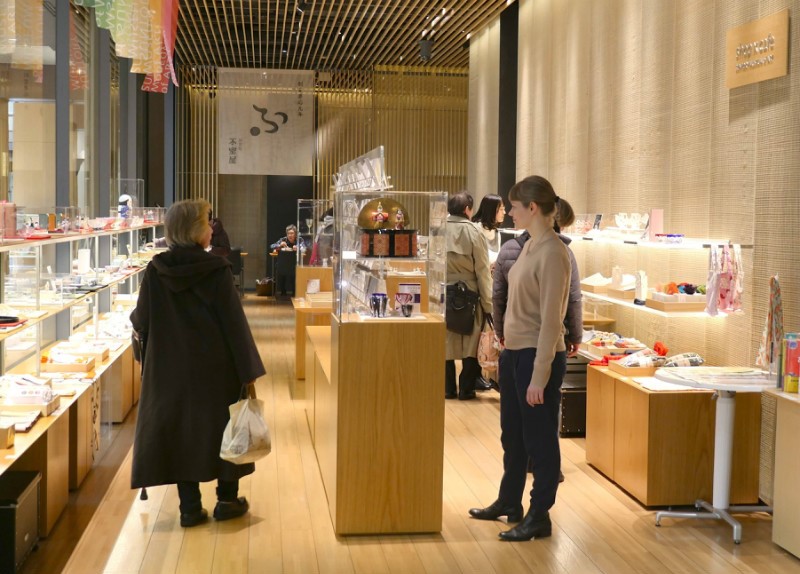When you go shopping in Chinese market, you must learn how to bargain with vendors. Bargaining is acceptable in most Chinese stores, except in the supermarket or some shopping malls in which the goods have clear fixed prices and the staff is not allowed to grant discretionary markdowns. Try bargaining every time you shop; you may get a great price reduction and enjoy the fun and pleasure of shopping. Here are some tips to help you get the best price on all your goods.
1. Don’t Feel Ashamed
Most shops are open to bargaining. The exceptions include large shopping malls, supermarkets and specialty shops where prices are fixed. But sometimes even the shopping malls will also give you a discount if you bargain. Except for dishes in restaurants, you can bargain for almost everything, especially for handicrafts, clothes, and bags.
2. Poker Face

Never act like you absolutely need that item. Also keep a straight face when trying to get a lower price. Salesmen love customers that are excited about a product – it means they can price it much higher. Play it cool – if you see something you really want, keep a straight face and act like you'd rather walk away than pay a fortune, and you'll get a much better price.If you're interested in an item, try not to reveal it. If the seller thinks you really want an item, he or she will keep the price firmly set.
3. Start low

Propose a price lower than you are willing to pay and then raise it little by little if the seller disagrees. When proposing a price, act as if you are very familiar with the prevailing market price. Keep this in mind when you throw out your first price. You can always go up from there, but you can't go back down.Try to reduce the price to half of the asking price, and then spend some time on further negotiation.Generally, the basic rules and conditions of bargaining in different shopping areas are different, so you should know them first in order to make comparisons. Then you can bargain and arrive at a good price that will enhance your shopping experience.
4. Point Out Some Disadvantages
You can try to point out some disadvantages of the item even if you know it is fine enough. For example, a lower price is offered in another shop, or you don't think the quality is very good. In recognition of the disadvantages, the seller will naturally become more flexible with the price. No product is completely perfect, and you should learn to identify all the flaws in order to gain bargaining leverage. In response, the seller may reduce his asking price.
5. Pretend to Walk Away

If the seller doesn't agree on the price you propose, you can just walk away. The seller will stop you if the price is reasonable; he or she will let you leave if it is not acceptable. Usually, you will be called back again, and the price you offer may be accepted by the shopkeeper.
6. Stay Polite
In bargaing with the seller, stay relaxed but always polite. Sometimes, negotiations do not go the way you planned. Especially in larger clothing markets, sellers may act outraged by a low price, but keep your cool. Often if you say something insulting, or even quote a price that is ridiculously low, the seller may decide not to sell to you at all.
Simple Chinese for Bargain:
1. How much: 多少钱? (duō shǎo qián)
2. Too expensive: 太贵了. (tài guì le)
3. How about CNY 50: 50块怎么样? (wǔ shí kuài zěn me yàng)
4. I just saw a cheaper one in another shop: 我在其他店看到了一个更便宜的 (wǒ zài qí tā diàn kàn dào le yí gè gèng pián yì de)
5. The quality is not very good: 这个质量不怎么样 (zhè gè zhì liàng bù zěn me yàng)
6. If you ask for a lower price: 便宜一点 (pián yì yì diǎn)
7. Ok, I will take it: 好,我买了 (hǎo, wǒ mǎi le)










